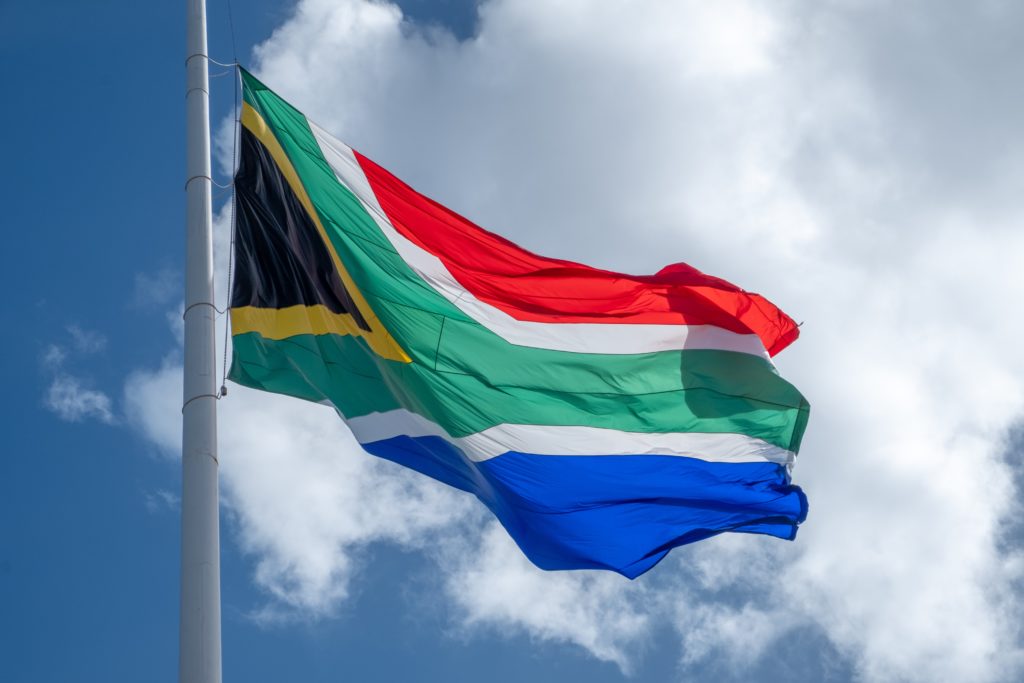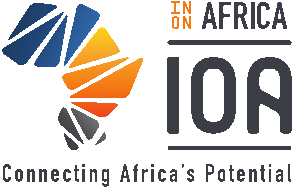South Africa’s long way toward social cohesion
By Nhlakanipho Hlengwa, 24, KwaZulu-Natal

Social cohesion is a concept that is widely disputed in literature and as such it is difficult to define or give an accepted definition. Nevertheless, it can be maintained that social cohesion speaks to the cooperativeness, shared vision and commonness of a society prevailing among people. In a socially cohesive society, people identify themselves as working towards the same version of a society and they therefore commit, irrespective of their race, gender, political affiliation, or culture, to a common goal, such as ending discrimination, and inequality. Social cohesion in South Africa is a difficult social enterprise to attain. The difficultness can be attributed to numerous issues (not limited to mentioned issues).
- Unemployment
South Africa finds itself in a dangerous economic quagmire of unemployment. Unemployment in South Africa is a reality of many citizens and it appears that this difficult economic phenomenon is a constant upward trend in a post-apartheid South African economy. For example, in 2009, the official unemployment rate was 23.52% and a decade later (2020) it was 28.74% (Statista 2020). This exhibits a dire situation which South Africans are finding themselves in terms of employment and prospects of employment.
- Inequality
Inequality is another factor which is irritating the very foundation of South Africa’s post-apartheid government. The democratic elected government in 1994 promised that it will address inequality which disproportionately affects black South Africans. However, this has been an elusive task for the ANC government, for instance land is still in the hands of the few and there is also unequal access to resources.
- Corruption
Corruption is prevalent in South Africa, especially in public institutions. Corrupt activities can be said to include, among many, private use of state’s resources and embezzlement. In a post-apartheid ANC government several leaders have been implicated in corrupt activities, for instance the former President Jacob Zuma was accused of misusing public state funds which saw his demise in the public office. Furthermore, to illustrate the intensity of corruption in South Africa, in 2017 the country was ranked 71st out of 180 corrupt countries. This is reflected in a Transparency International Corruption Perception Index.
- Why these issues?
Unemployment and inequality damages the very fabric of social cohesion in South Africa. It is difficult for South Africans to unify or fight for a common goal in a society where there are others who feel left behind because of social and economic inequality malaise and unemployment. Similar can be said with corruption, in a sense that it divides those who benefit from it (such as through nepotism) and those who do not benefit from it. In South Africa, this is the case, where we often see those who have connections in government being hostile to those who are antagonistic towards an ANC government because of the myriad of problems.
In other words, these issues undermine social cohesion as there is a segment of South African citizens who believe in social cohesion, especially those who have seen improvement in their everyday socio-economic lives since the inception of a democratic elected government.
- How can South Africa attempt to fully achieve social cohesion?
For South Africa to be a socially cohesive country it has to address these persisting social and economic issues of inequality, unemployment, and corruption. Addressing these issues requires a concerted effort from the government, such as implementing the right macroeconomic policies and anti-corruption measures. What also needs to be highlighted is that the post-apartheid South African government cannot afford a society which is divided or not unified as South Africa still has a nascent democracy that requires consolidation. For democratic consolidation to occur, where there is trust in democratic institutions and political participation, South Africa has to promote social cohesion.
If South Africa does not take concerted measures, a socially cohesive society for many will remain a dream. And moreover it is likely that South Africa’s democratic regime will be questioned.
Sharing is caring!
Help us spread the word about Voices Unite:



Programs like Voices Unite are meant to bring people who think like you together. So if we are both varsity students and we have these hopes and dreams for our careers, when we get there, will it only be about money? If you become a Lawyer and I become a doctor and another becomes an accountant – will we lose sight of what that truly means?
When they say that the future belongs to us, the youth, this is what they mean. That it is up to us to turn things around. We know that the system is broken, justice is not being served, adequate health care is not accessible to the working class and what is it really with the economy that sees money disappear just as quick as it came? But we get into our careers and all of that changes, it’s no longer about making a difference and helping others, it’s about making money.
I think we’ll reach social cohesion the day everyone does their part. “Connections” shouldn’t be about knowing the right people to get into you into places where you don’t belong but it should be about a group of people from different disciplines coming together to solve a common problem. The President with the law degree will lead the medical doctor who wants to make health care a basic need and not a luxury while being assisted by the accountant who will allocate funds accordingly.
The day we do that, is the day we’ll reach social cohesion.